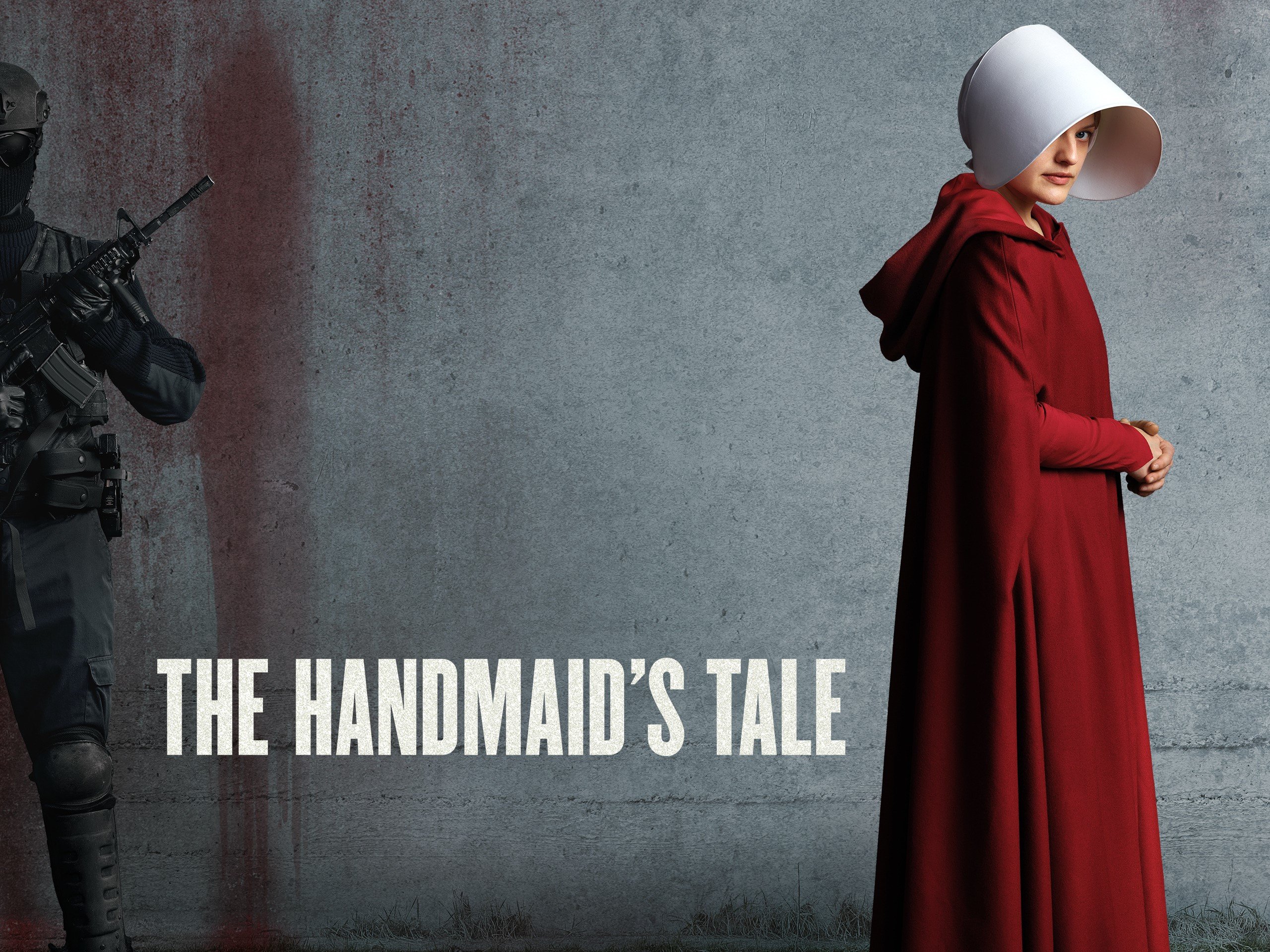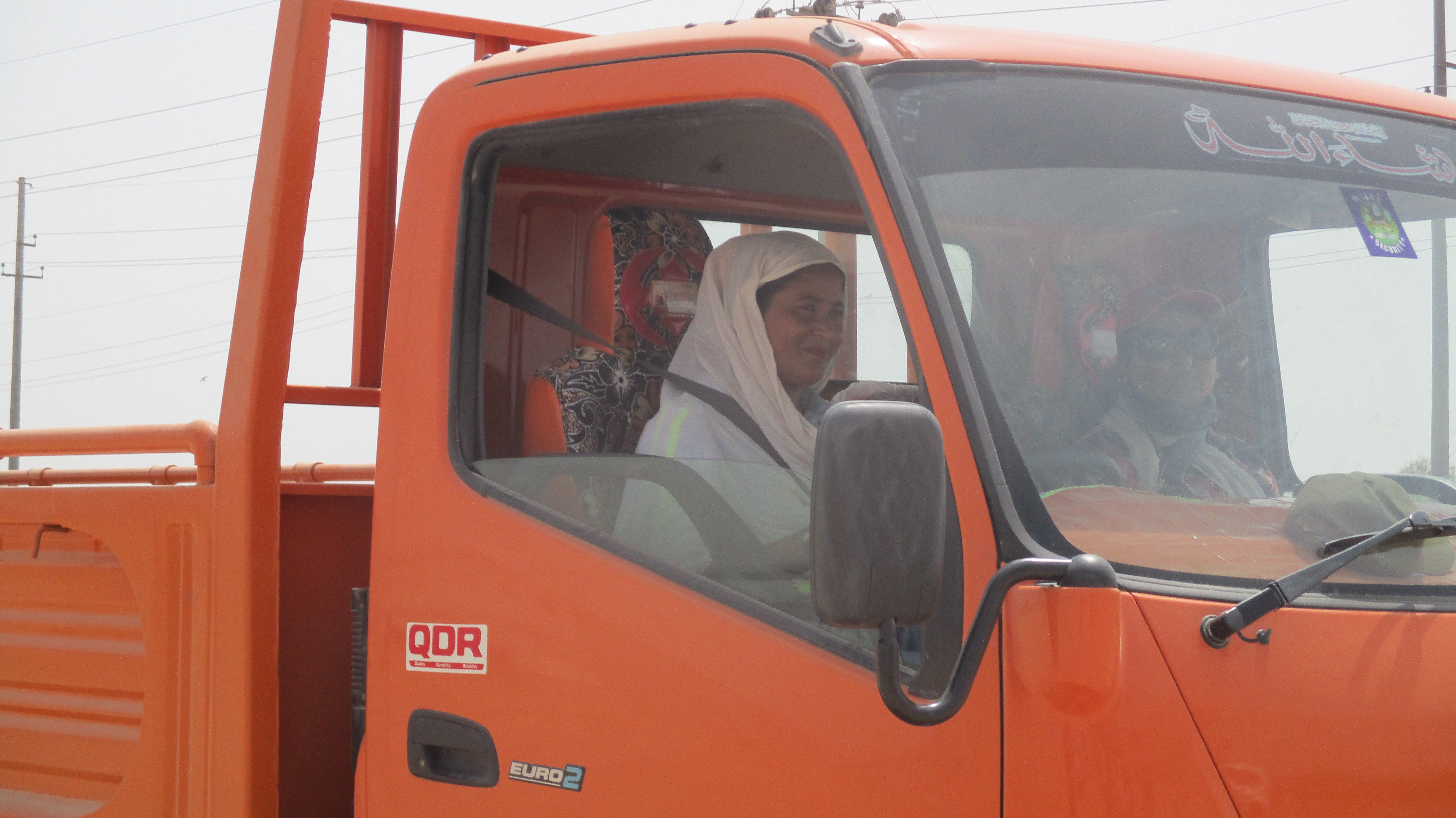
Desert Women Snap up Dump Truck-Driving Jobs
Breaking the Social Barriers
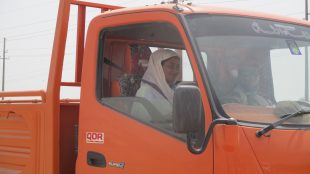
As Sindh province of Pakistan is expeditiously executing an ambitious project of coal mining and establishing a coal-fired power plant in the Thar Desert to resolve country’s energy crisis, a select group of women eyes a road out of poverty by snapping up dump truck-driving jobs that once only went to men.
Such work is seen as life-changing in this dusty southern region bordering India, where sand dunes cover estimated coal reserves of 175 billion tons and yellow dumper trucks swarm like bees around country’s largest open-pit mine.
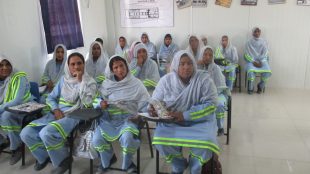
The Thar Desert is one of the most backward areas of a country facing numerous problems including droughts, non-availability of drinking water, health and education facilities and lack of employment opportunities besides malnutrition that has been causing deaths of hundreds of children annually. According to official data, the infant mortality rate in Thar is 87 per 1000 births as compared to 64 per 1000 births in the country; the maternal mortality rate is 297 per 100,000 births against 175 per 100,000 births in the country while it has lowest ranking in drinking water and sanitation coverage. As regards access to health facilities Thar Desert ranks 24th out of 24 rural districts of Sindh province while similar situation prevails in the education sector and gender disparity.
In such a scenario, the SECMC under its corporate social responsibility has launched several programs including a provision of houses, infrastructure, and health and education facilities to the poor people of Thar Desert, especially in the area falling in the limits of coalfield block-2 spread over 94 sq km allocated to the company.
One of the several most appreciable jobs the SECMC has done is to employ local desert people at its office as well as the work sites including the coal mine. “In addition to 2000 Chinese engineers, the company has a total of 3462 workforces and among it, 2473 are the local desert people including thirty females employed at the site,” the SECMC official Mr. Naseer Memon told The AsiaN.
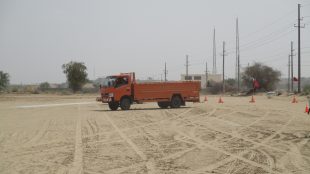
I had been visiting Thar Desert for decades and am well aware of the miserable life the desert people had been living and the frequent droughts and other natural disasters they had been facing. The men and women here are hard-working but they direly need opportunities to work and earn a livelihood.
The Thari people face harsh living conditions. I knew how the women used to draw water from 200ft deep wells located far from their villages and take the earthen pots filled with water on their heads to the homes and then do domestic works besides assisting their men in rearing livestock and collecting firewood but never saw them drive a motorcar or any other vehicle. And this was the point that made me to travel 400kms from Karachi, the provincial capital, to Thar Coalfield when I learned that a group of Thar Desert women is undergoing a year-long driving training to assume the job as dump-truck drivers at the coalfield.
On the morning of April 20, 2018, accompanied by Mr. Mohsin Babar and Muhammad Hingorjo, two officials of SECMC, I first visited the open-pit-mining site where a large number of dumpers were moving upward from the open-pit-mine to shift the excavated earth to some other areas. “The women, being trained currently, would join the male drivers of these dump-trucks,” officials told.
“Convincing the desert dwellers to allow their women join as drivers was not an easy task,” they told. “Even the women themselves were unwilling and hesitant to join but a long process of community mobilization made it possible,” they told.
Since the day was getting hot, we drove to the training ground to meet the group of women trainees. Before I stepped out of the car I heard the engine of a new yellow color dump-truck roaring to life. The vehicle started slowly moving ahead. A woman dressed in sky-blue uniform was in the driving seat and another woman wearing sunglasses was sitting next to her as the trainer.
When the truck reached at the far end of the ground, they were called back to join us.
“My name is Nusrat,” the trainee driver told me while unfaltering the seat belt and disembarking the truck. Her lady trainer introduced herself as Mahwish. They accompanied us to a small hall where other members of the trainee group, dressed in uniform, were present listening attentively to the instructions given by another trainer Ms. Usha. In the meantime, Ms. Jahan Ara, a very young lady hailing from Karachi and working as Project Manager, joined us.
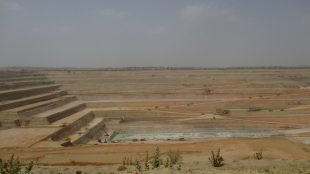
Nusrat, a housewife from Thar’s staunchly conservative community, said: “At the beginning, I was,s a bit nervous but now it’s normal to drive this dumper.”
Nusrat hopes such jobs can help empower other women facing grim employment prospects.
The 26 women trainees have been divided into two groups. Each trainee is being paid a monthly stipend of Pakistani rupees 15000 (US$128) plus a conveyance allowance of rupees 4000 (US$35). “They arrive from their villages to Salamkot, a nearby town where the company’s shuttle service is available to take them to the coalfield,” Ms. Jahan Ara told.
All the women, except one, were married and had some children. “How do you manage to leave the kids at home all the day?” I astonishingly inquired and the answer was more surprising: “We have the full support of parents and in-laws. Since we leave for training early in the morning, they take care of our kids including sending them to schools.”
“And the credit also goes to Ms. Kamla, another lady hired to mobilize the community,” I was told. Hailing from the local community, she played the key role in convincing the male members including husbands, fathers and brothers of these women to allow them to join the drivers’ jobs.
“Since the male members of their families were very poor having no permanent work to do, the company also employed them as gardeners, watchmen etc at a monthly pay equaling to the stipend of trainees,” Trainer Usha told.
At the end of one-year driving training, these women would undergo a test and the qualifying women would get doubled salary as a regular driver. Others would continue further training, as the company plans to continue the project.
My last question before leaving the hall was ‘what would you prefer to drive – a company car or a dumper truck?’ and all the women replied: “Dumper Truck.”
They were determined to break the cultural and social barriers for the economic empowerment and betterment of their families.







